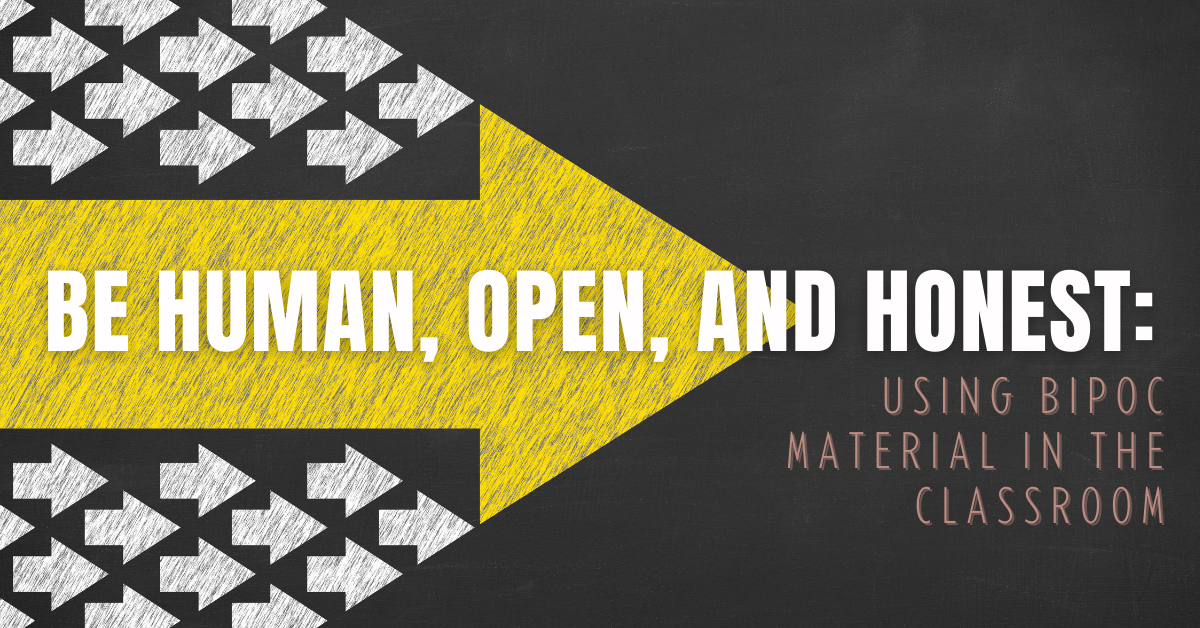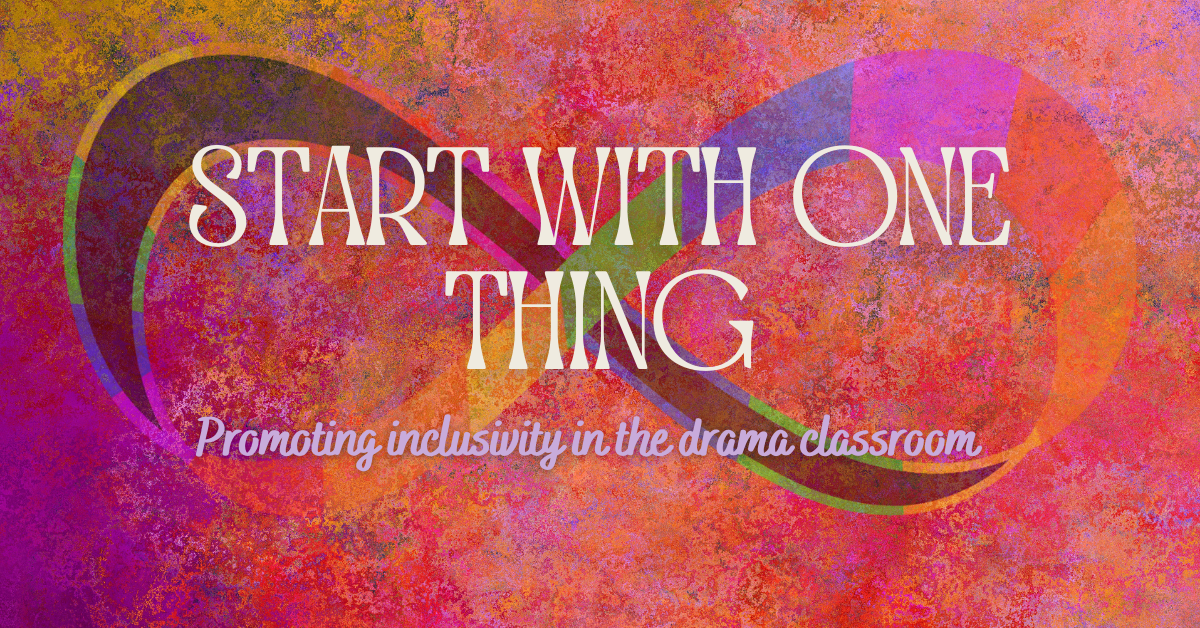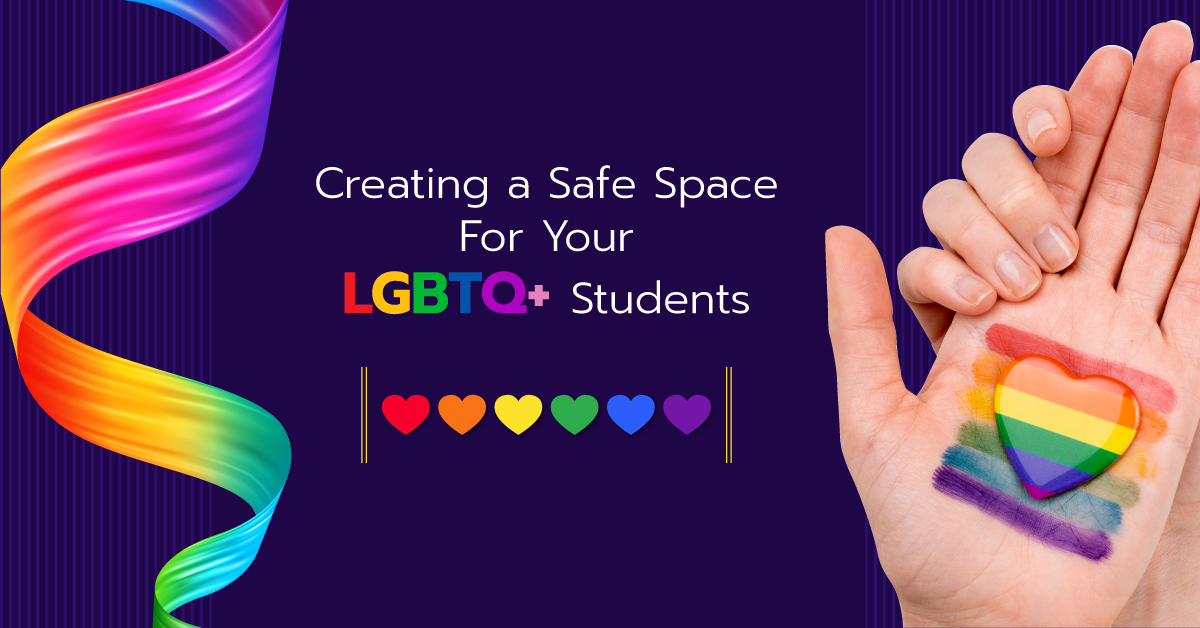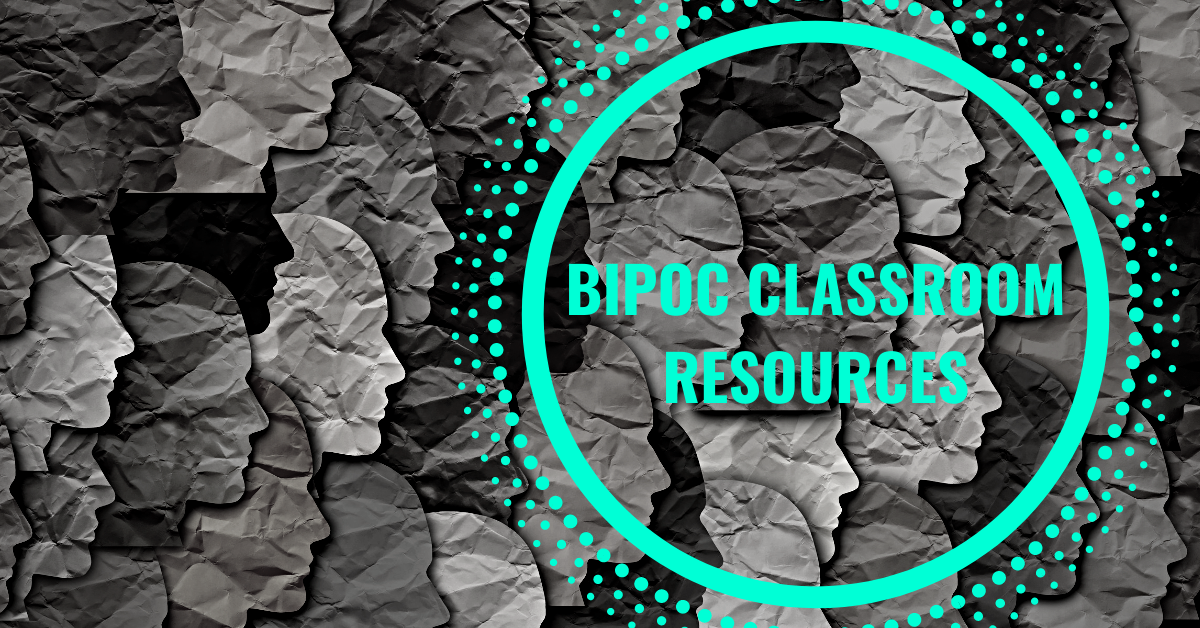There exists in everyone the potential for good or evil. Laramie Dean's adaptation of Dracula asks the question: How much would it take to bring out the darkness inside of you?
Be human, open, and honest: Using BIPOC material in the classroom
Our 2020-2021 Equity, Diversity & Inclusion Advisory Panel shares some thoughts on using BIPOC material (like the monologues in the BIPOC Voices and Perspectives Monologue Resource) in the classroom. And if you’re not, consider the reasons why. What’s stopping you? How can you overcome those obstacles?
1. Do your research.
Do your dramaturgy. If you’re going to use BIPOC material, take care of those characters and those who write from that perspective. Research the background. Research unfamiliar words, phrases, and events. Know what you’re talking about before you talk about it.
2. Ask for help.
Don’t be afraid to ask for help. Be okay with not knowing all the answers. Come from a place of honesty. If you’re uncomfortable working with BIPOC material, bring someone in to talk to your students. Reach out to others.
3. Be student centred.
Be a student-centred teacher. The era of the “sage on the stage” is over. Give students agency in what they learn and how they learn it. If you teach a community of students that differs from your own, that community should have a focus in your curriculum. For example, perhaps you usually invite theatre professionals in to talk to your students. Make space for a BIPOC stage manager, director, designer, or actor.
4. Be open minded.
Some people are uptight when it comes to conversations about race. Many people are afraid of their own stereotypes and preconceived notions. But the worst thing you can do is ignore the identities of your students. Don’t be afraid to take on bilingual material because you don’t speak the language. Actively model anti-racist behaviour and be open to deprogramming yourself in that regard. Start from a place of truth. Acknowledge when you make a mistake. Address how you can get past these obstacles.
Everyone’s stories are important. Sit back. Listen. Don’t bring negative energy. Ask for help. Be human, open, and honest.



